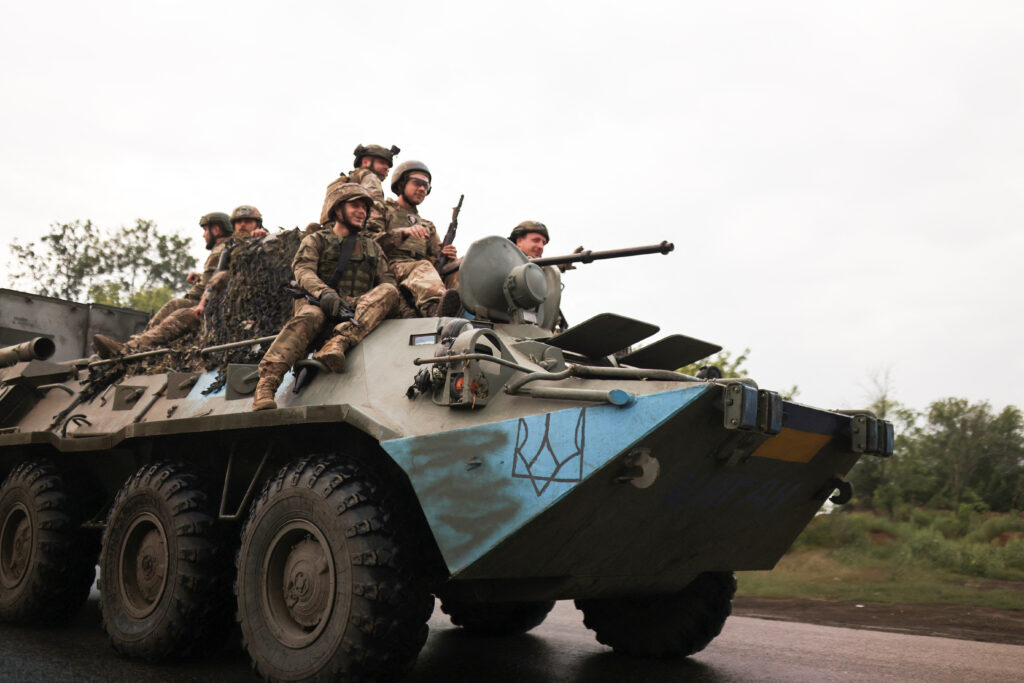
Introduction
The war in Ukraine has continued to dominate global headlines, affecting humanitarian, political, and economic landscapes. As the conflict extends into its second year, the repercussions are felt far and wide, not only in the region but across Europe and beyond. It is crucial to remain updated on the developments relating to this pivotal situation, as it influences international relations and security policies.
Current Developments
As of October 2023, the fighting remains intense, particularly in Eastern Ukraine, where both Ukrainian forces and Russian troops engage in a battle for territory. Recent reports indicate that Ukraine has launched a series of counter-offensives aimed at reclaiming areas that have been under Russian control since the beginning of the conflict in 2022. These operations, while facing fierce Resistance from entrenched Russian forces, highlight Ukraine’s determination to restore sovereignty over its territory.
International involvement has also increased, with Western countries continuing to provide military support and financial aid to Ukraine, aiming to bolster its defenses. The United States has announced an additional package worth $1 billion, which includes advanced weaponry and training for Ukrainian soldiers. Meanwhile, NATO is ramping up its presence in Eastern Europe, enhancing military readiness in response to perceived threats from Russia.
Humanitarian Impact
The humanitarian crisis caused by the war dominates discussions today, with millions displaced and in dire need of assistance. The United Nations has reported that over 8 million Ukrainians are currently displaced within the country and another 6 million have fled abroad. Relief efforts are underway, but challenges persist as winter approaches, prompting fears of a worsening situation for displaced families.
International Reactions
Countries around the world continue to react to the unfolding events, with various sanctions imposed on Russia in an attempt to economically cripple its war efforts. However, the efficacy of these measures has been debated, as countries such as China and India maintain trade ties with Russia. European nations are grappling with energy supply concerns as they attempt to reduce dependency on Russian oil and gas.
Conclusion
The situation in Ukraine remains fluid and complex, with implications for global stability in the years ahead. As the conflict persists, international diplomatic efforts must continue to seek a resolution and provide humanitarian relief to those affected. For readers, staying informed about Ukraine news is essential, as the outcomes of this conflict could reshape geopolitical alliances and influence future international policies.



